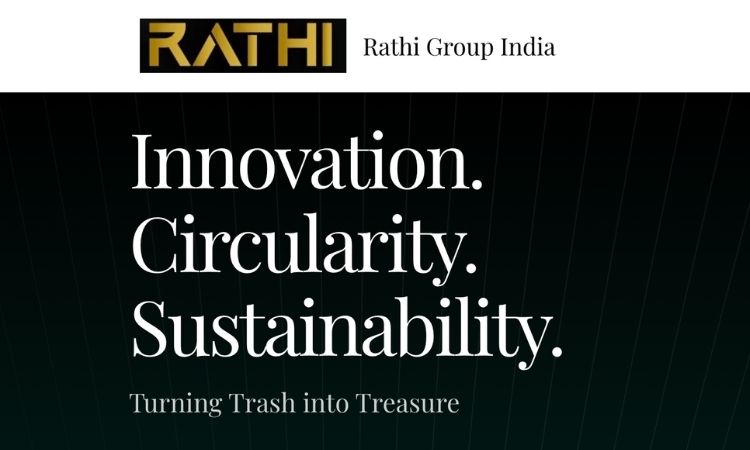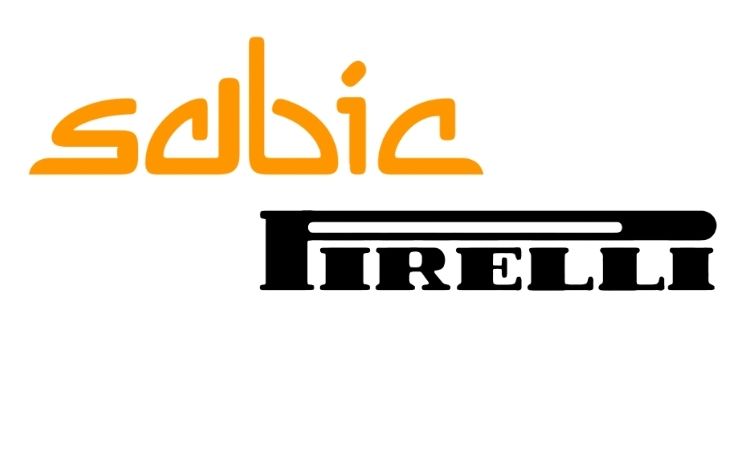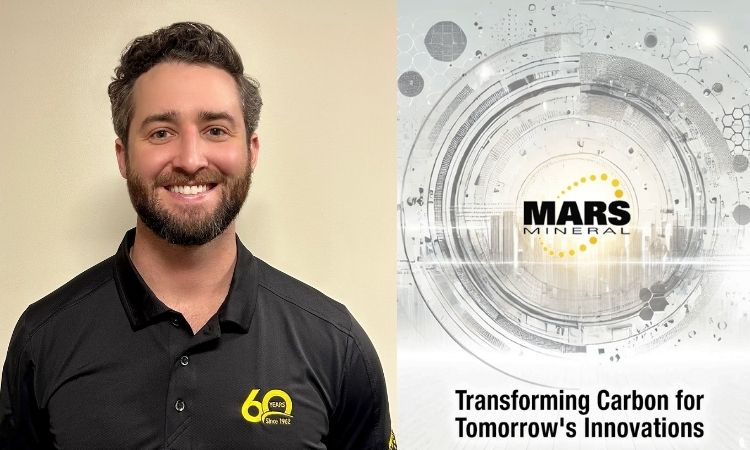Why deeper support from tire & rubber industry is crucial for success of recovered carbon black
According to European Rubber Journal magazine’s article, the recovered carbon black (rCB) industry will require high levels of support and cooperation to fulfil on its potential to greatly decrease the environmental impact of the tire & rubber industry.
In a report, Martin von Wolfersdorf – a renown carbon black expert from Berlin – lists a number of "mega challenges" that the still-developing business must overcome. Von Wolfersdorf estimated the average capacity of furnace processing plants in the EU at roughly 113 kilotons per annum (ktpa) in 2021 in a report presented* at the Tire Technology Expo 2023 conference.
In contrast, the average capacity of rCB plants was "conservatively estimated" to be around 3.5 ktpa in 2021 and to increase to 13 ktpa by 2025.
“The rCB producers are new companies and to scale up, they need investment,” commented Martin von Wolfersdorf. “They don’t get investment because they don’t yet have the product [capacity]. Without end-product people don’t want to talk to smaller companies.”
According to the expert, resolving these issues will call for higher levels of coordination and cooperation throughout the supply chain in order to set standards, expand capabilities, and increase understanding of the importance of rCB in the tire and rubber sector.
The paper by von Wolfersdorf also shown that most new rCB projects are already running 6 to 12 months behind schedule; for example, the increase in worldwide capacity from 73 ktpa in 2021 to 331 ktpa in 2025 is expected to occur roughly a year later than originally planned.
Von Wolfersdorf believes that in order for the industry to advance more rapidly, it will be necessary to create standardized requirements for characteristics like consistency, composition, and PAH content, in addition to rubber compound performance.
*Read the full report in the March/April issue of European Rubber Journal magazine.
Weibold is an international consulting company specializing exclusively in end-of-life tire recycling and pyrolysis. Since 1999, we have helped companies grow and build profitable businesses.









